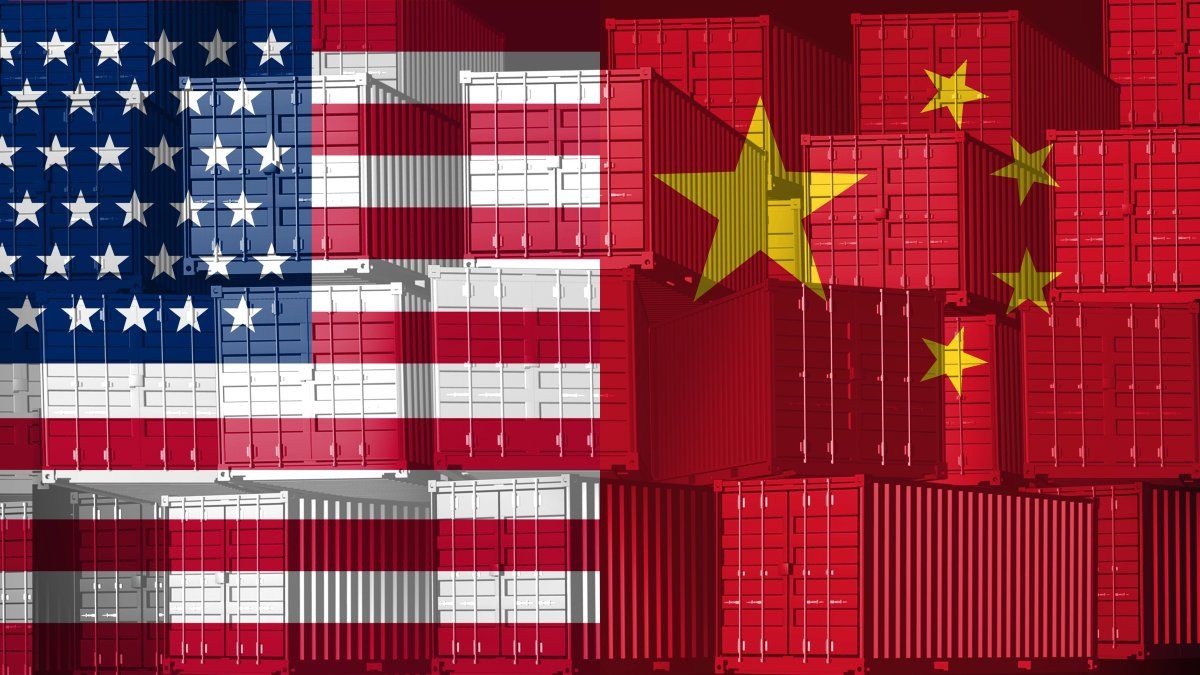LI, International Commerce Representative of China and a key figure together with the “Economic Tsar” He Lifeng, could meet intermediate level officials in the American administration. However, from Washington they highlighted that the visit is not part of a formal negotiation session.
According to a source close to the process, there are no scheduled meetings between LI and the American commercial representative Jamieson Gererand the trip was not requested by the American part. The first to advance the news was The Wall Street Journal.
An uncertain commercial scenario
The markets on both sides of the Pacific follow the steps of the delegations, given the doubt of whether the extension of the truce agreed this month will become something permanentor if President Donald Trump will decide to impose a New Round of Punitive Tariffs that hit the global supply chains.
In the US, retailers are accumulating inventories With a view to the end of the year season, while Chinese producers, displaced from the main world consumer market, recognize being in “survival mode”, desperately looking for other destinations to maintain their operations.
On August 11, both countries agreed Extend the truce for 90 dayskeeping tariffs 30% to Chinese exports and of 10% to American products. Economists warn that, if rates exceed 35%the pressure on Chinese exporters would be practically unsustainable.
Trump USA Tariffs
On August 11, both countries agreed to extend the truce for 90 days
Agriculture at the center of the conflict
Li’s trip arrives at a delicate moment, after the Chinese ambassador to Washington, Xie Fengwill criticize Trump’s commercial policy. In an encounter with the American Sojer sector, he accused the White House of promoting a “rampant protectionism“And he described as” political manipulation “the idea of restricting the purchase of agricultural land by countries considered” foreign adversaries “, including China.
Agriculture is a Sensitive point: Chinese buyers have reduced their acquisitions of American products, such as soybeans, now subject to a 23% tariffleaving the US farmers in a complicated situation.
Analysts highlight that an eventual Increased Chinese agricultural purchases It could reduce the commercial surplus with Washington, a mechanism used in the past by Beijing to fulfill the commitments of the Agreement “Phase 1” signed in 2020. However, this time the Chinese government considers that it can negotiate a more favorable agreement.
“China will ask for a reduction of tariffs and possibly access to American tip technologies,” he said Xu Tiannchensenior economist Economist Intelligence Unit In Beijing. The question now is whether the White House will accept those conditions and, above all, What will it require in return.
Donald Trump threatened China with 200% tariffs on rare earths
The president of the United States, Donald Trump, He warned on Monday that it could apply tariff Rare earthkey materials for technology and defense industry.
“They have to give us magnets. If they do not, we will have to charge them a 200% tariff or something similar. But I don’t think we get to that”, Said Trump at a joint press conference with the South Korean president, Lee Jae-Myungin the White House.
Strategic material under tension
China is the Greater world producer of rare earthsindispensable input for sectors such as automaker, electronics and the military. At the beginning of April, Beijing established a system of export licenses For these materials, in what was interpreted as a retaliation in front of the American taxes.
Since then, Washington and Beijing have been involved in a Tariff climbimposing mutually increases that in some cases exceeded three digits.
Source: Ambito




